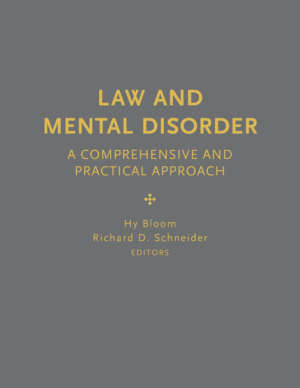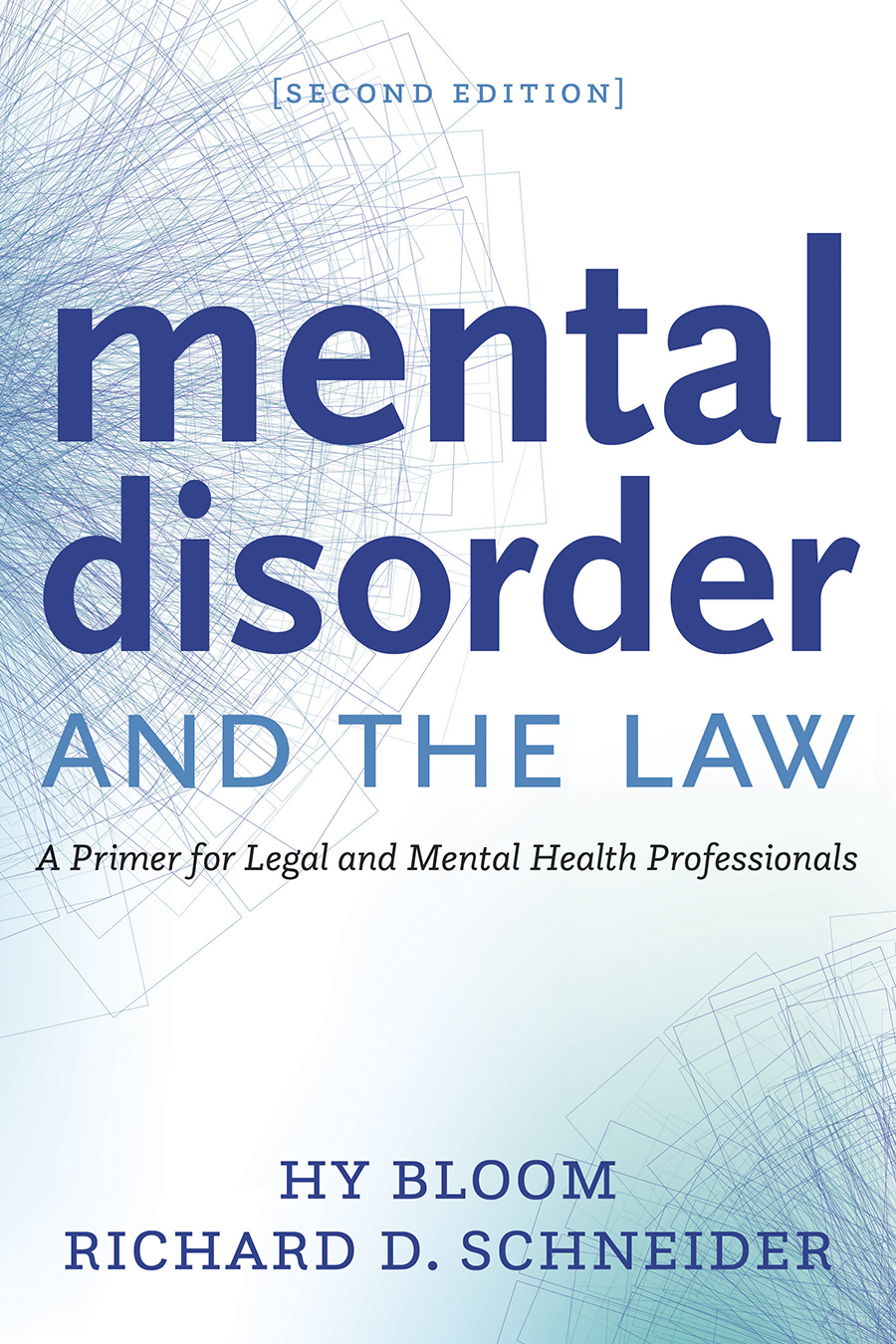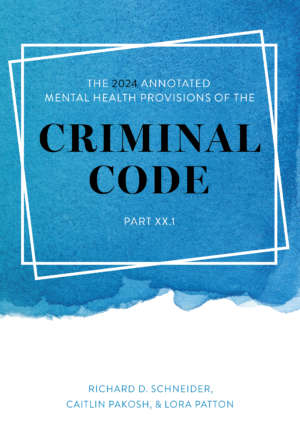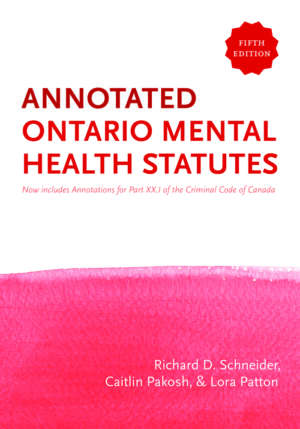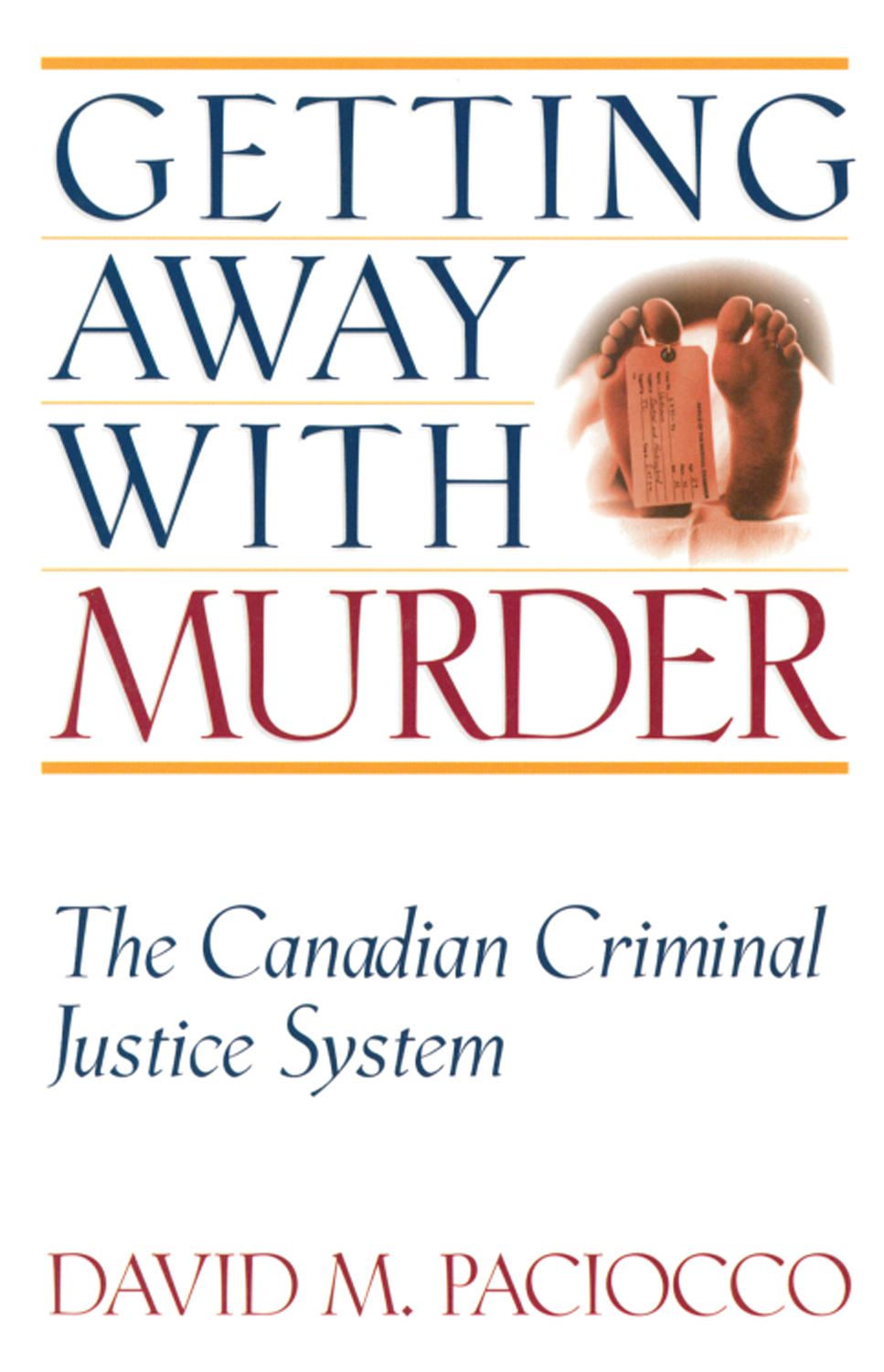Product Description
Mental health courts began as grassroots initiatives in the mid-1990s. Early versions found inspiration from the success of drug courts—an emerging brand of court dedicated to accused with substance addictions. On a very basic level, drug courts operate by offering accused a simple option: avoid serving a sentence for your drug-related offence by completing a drug-treatment program.
One of the first known programs to tackle the problem of mentally disordered accused in the criminal justice system was created in Toronto. The “Diversion of Mentally Disordered Accused” became a program which was part of the Crown Policy Manual in 1994. The success of these specialty courts, along with a growing awareness that the traditional criminal justice system was failing individuals with mental disorders, combined to legitimize the emergence of mental health courts.
In writing this book, the authors have sought to assist two groups of professionals primarily involved with these courts, namely, mental health care service providers and the various criminal justice professionals.
Part I of this book is an overview of the historical and theoretical foundations underlying the mental health court movement. It outlines the various factors which precipitated the emergence of these courts. Part II offers a thorough description of a typical mental health court in operation. In addition to describing the role of each mental health court team member, it goes on to provide guidance to those seeking to establish a mental health court. Part III analyzes the successes and failures of these courts and ends with a critical look at the long-term desirability of mental health courts.


